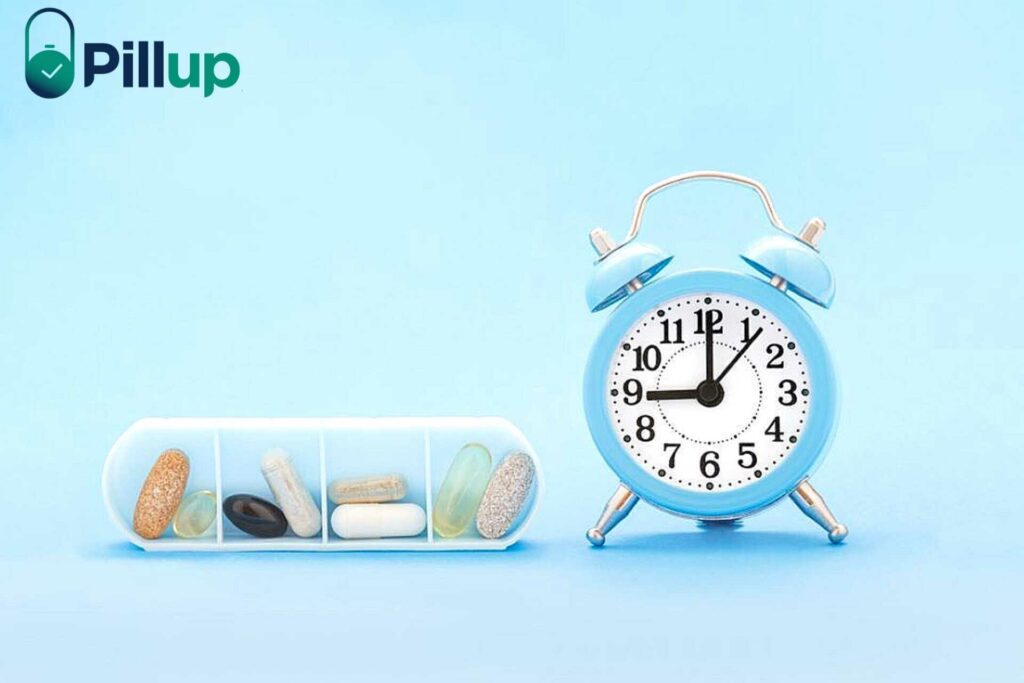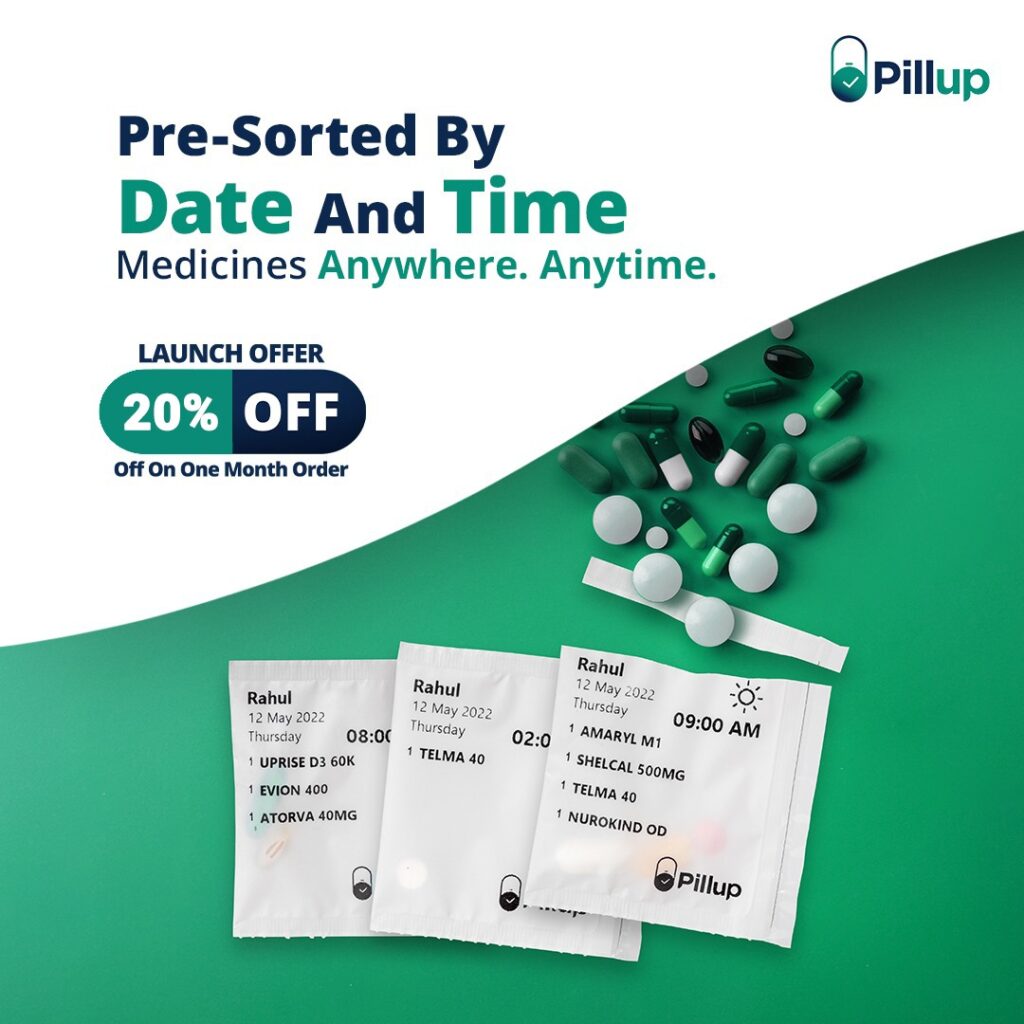Have you ever forgotten to take your medication? Or maybe you skipped a few doses because you didn’t think it was that important? Well, you’re not alone. Non-adherence to medication is a significant issue in the healthcare industry, and it can have severe consequences for patients.
It’s estimated that up to 50% of medications for chronic diseases are not taken as prescribed. This can worsen health conditions, increased healthcare costs, and even hospitalizations.
But the good news is that there are ways to improve medication adherence. By understanding the reasons behind non-adherence and implementing practical strategies, patients can improve their health outcomes and live healthier, more productive lives.
In this blog, we’ll dive deep into the importance of medication adherence and provide practical tips on improving it. From setting reminders to working with your healthcare team, we’ll explore the most effective methods to ensure you take your medications as prescribed. So, let’s get started!
What are the factors that affect medication adherence?
- Forgetfulness: This is one of the leading causes of medication non-adherence. Patients may forget to take their medications as prescribed, leading to missed doses or inconsistent medication intake.
- Cost: The cost of medication can also be a significant barrier to adherence. Patients may skip doses or reduce their medication intake to stretch their supply, especially if they cannot refill their prescriptions.
- Side effects: Some medications may cause unpleasant side effects, such as nausea, dizziness, or fatigue, which can deter patients from taking them as prescribed.
- Lack of understanding: Patients who need help understanding the purpose or benefits of their medication may be less likely to take it as prescribed. For example, if a patient is prescribed an antibiotic for an infection, they may not understand the importance of completing the full course of medication, even if they start feeling better before the prescription is finished.
What are the consequences of non-adherence to medication?
- Increased hospitalization: Studies have shown that non-adherence to medication can increase the risk of hospitalization. Up to 10% of hospitalizations are due to medication non-adherence.
- Poor health outcomes: Non-adherence can lead to poor health outcomes, including disease progression, complications, and even death. For example, non-adherence to medication for hypertension can increase the risk of stroke and heart attack.
- Increased healthcare costs: Non-adherence can result in increased healthcare costs, including hospitalization, emergency room visits, and additional testing and procedures.
- Reduced quality of life: Patients who do not adhere to their medication regimen may experience reduced quality of life due to worsened symptoms and increased disability.
What are the strategies for improving medication adherence?
- Use reminders: Patients can use various reminder tools, such as phone apps, pillboxes, or alarms, to remind them to take their medication as prescribed.
- Simplify medication regimens: Patients can work with their healthcare providers to simplify their medication regimen by reducing the number of medications, adjusting dosages, or changing the timing of medication intake.
- Educate patients: Healthcare providers can educate patients about their medication, including its purpose, benefits, and potential side effects. This can help patients understand the importance of medication adherence and how it can improve their health outcomes.
- Involve family members: Family members can support and assist patients, such as reminding them to take their medication or helping them manage side effects.
- Monitor adherence: Healthcare providers can monitor patients’ medication adherence and provide feedback and support to help them stay on track.
Conclusion
Adhering to medication is crucial for good health outcomes. Non-adherence can have severe consequences, including hospitalization and death. Patients can use various strategies to improve medication adherence, such as reminders, simplifying medication regimens, and educating themselves about their medication. By being proactive in managing their health, patients can take responsibility for their medication adherence and achieve better health outcomes.
At Pillup, we understand medication adherence’s importance and the challenges patients face in managing their medication. That’s why we’ve developed a comprehensive solution of labelled pre-sorted medications that addresses all the significant barriers to adherence. Our labeled packets, pill reminders, and home delivery services help patients stay on track with their medication and achieve better health outcomes.



